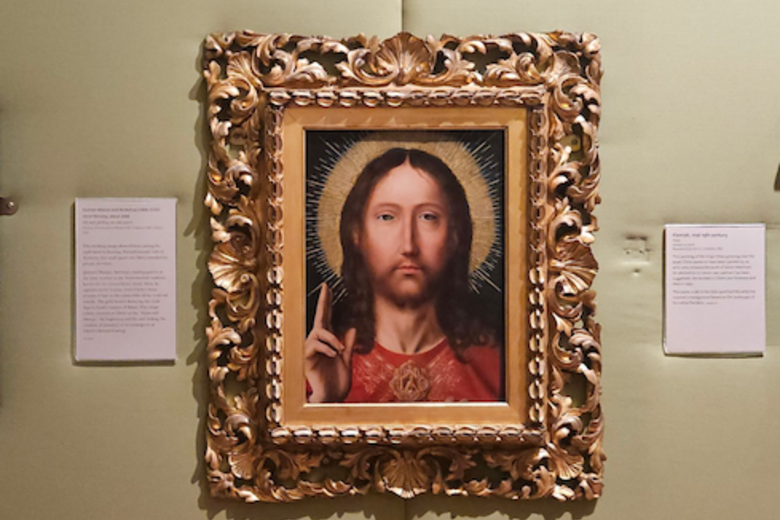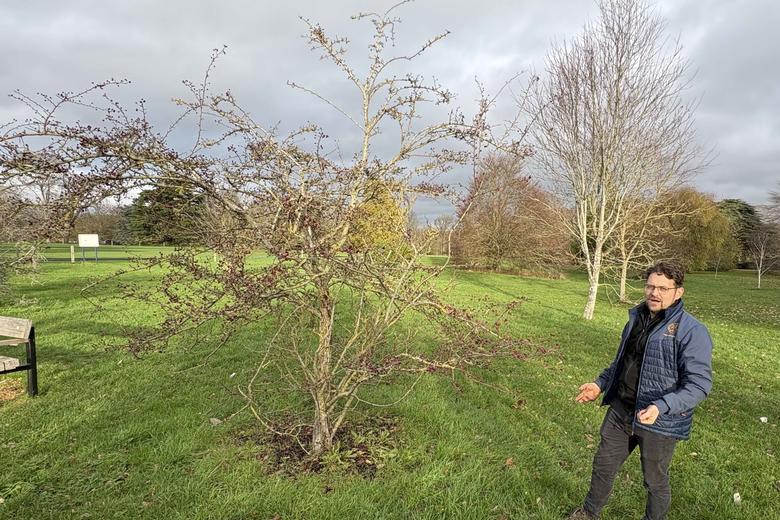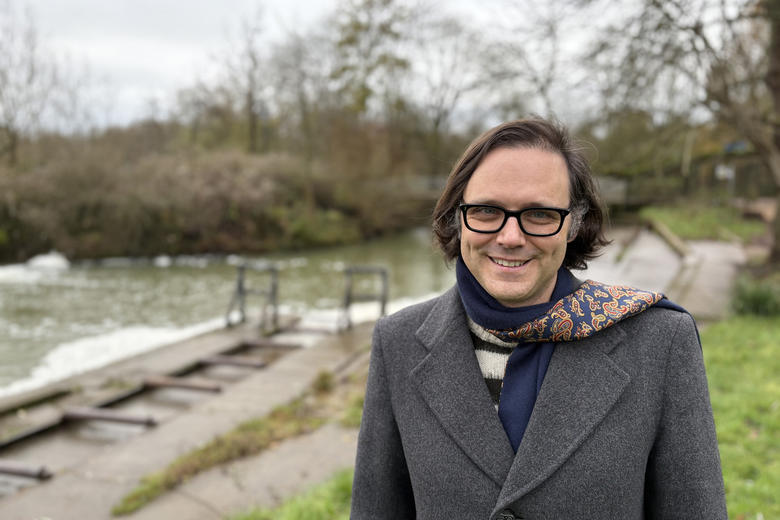OXFORD PROFESSORSHIP IN VACCINOLOGY SECURED WITH £3.5 MILLION GIFT
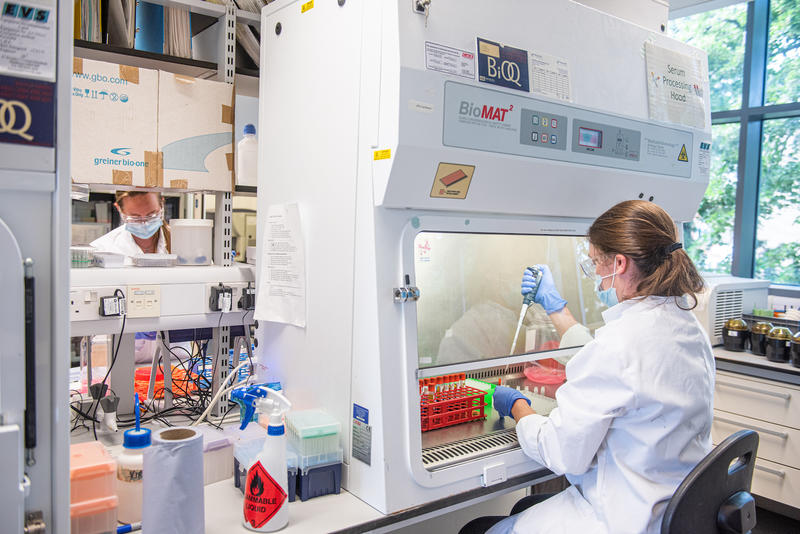
OXFORD PROFESSORSHIP IN VACCINOLOGY SECURED WITH £3.5 MILLION GIFT
A generous gift of £3.5 million from Lakshmi Mittal and his family has secured the future of a critical professorship in vaccinology at the University
Published: 28 July 2020
Share this article
The post, which is currently held by Professor Adrian Hill, will be known as the Lakshmi Mittal and Family Professorship of Vaccinology in recognition of this support.
Professor Hill is the Director of the Oxford Jenner Institute, now the largest academic vaccine centre in the world. In 2014 Professor Hill led the first clinical trial of a vaccine aimed at controlling the Ebola outbreak in West Africa, thus kickstarting an initiative at the Jenner Institute to develop vaccines for outbreak pathogens. Recently this programme has facilitated a major effort to rapidly develop a COVID-19 vaccine, with Professor Hill acting as principal investigator for the Oxford trial. The vaccine is currently undergoing human trials in the United Kingdom, Brazil and South Africa.
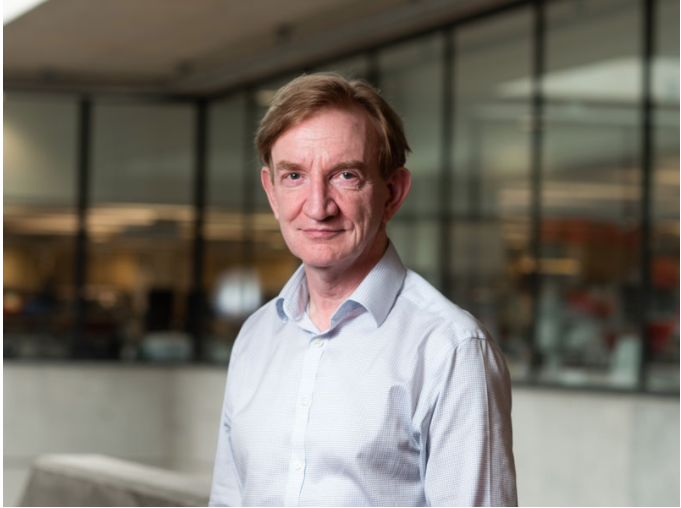
As well as leading the institute, Professor Hill’s own vaccine research programme has developed one of the most promising potential vaccines for malaria, which is currently in large-scale trials in sub-Saharan Africa.
Boosted by a further £1.75 million in matched funding from the University, the Mittal family’s gift has enabled the permanent endowment of the post. Not only will this allow Professor Hill to continue with his vital research, but will also help to ensure that Oxford remains at the forefront of vaccine development for generations to come.
Commenting on the family’s decision to endow the professorship, Lakshmi Mittal said: ‘This year has been a wake-up call to the world to be better prepared for pandemics, which, as we have all experienced, can cause massive social and economic disruption. Having always had a keen interest in healthcare, like many I was following with great interest the work on potential vaccines and treatments for COVID-19. After a fascinating conversation with Professor Hill, my family and I concluded that the work he and his team are doing is not only extraordinary but essential, not just for this current crisis but for other challenges we may face in the future. The importance of dedicated and ongoing research in this field cannot be overestimated and we are delighted to be supporting this vaccinology professorship at Oxford.’
Professor Gavin Screaton, Head of Oxford’s Medical Sciences Division, said: ‘We are enormously grateful to Lakshmi Mittal and his family for their incredibly generous support at this critical moment. By securing the future of this pivotal leadership post, the University can continue to deliver and grow its world-leading vaccine research and focus on pandemic preparedness. The results of this work will have a significant impact on people's lives around the world and will enable humanity to respond with even greater speed to the next global pandemic. The progress of Oxford’s vaccine candidate for COVID-19, which is currently in human trials, underlines the vital contribution that Oxford is currently making to this field.’
Lakshmi Mittal is the Chairman and CEO of ArcelorMittal, the world’s leading steel and mining company. He and his family have a long history of philanthropic activity. This includes, in the healthcare field, major funding of the Mittal Children’s Medical Centre at the Great Ormond Street Children’s Hospital, and the establishment, in partnership with UNICEF and the Government of India, of the first ever Indian nationwide survey into child nutrition. In the field of education, activity has included significant funding for the Lakshmi Mittal and Family South-East Asia Institute at Harvard University, and for a range of educational institutes in India.
ArcelorMittal was a founding member of the Ebola Private Sector Mobilisation Group, which coordinated the private sector response to the Ebola outbreak in West Africa in 2014.



